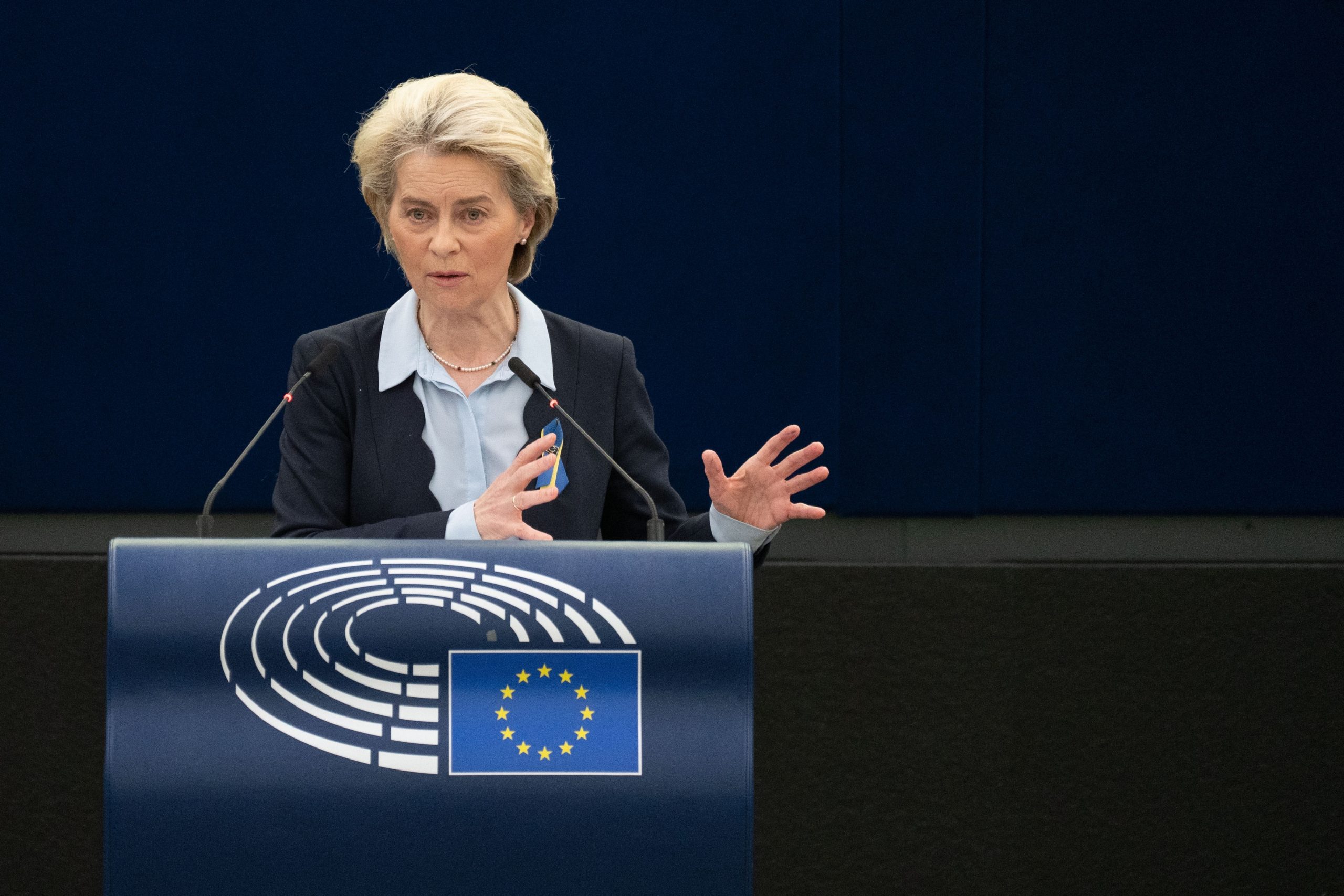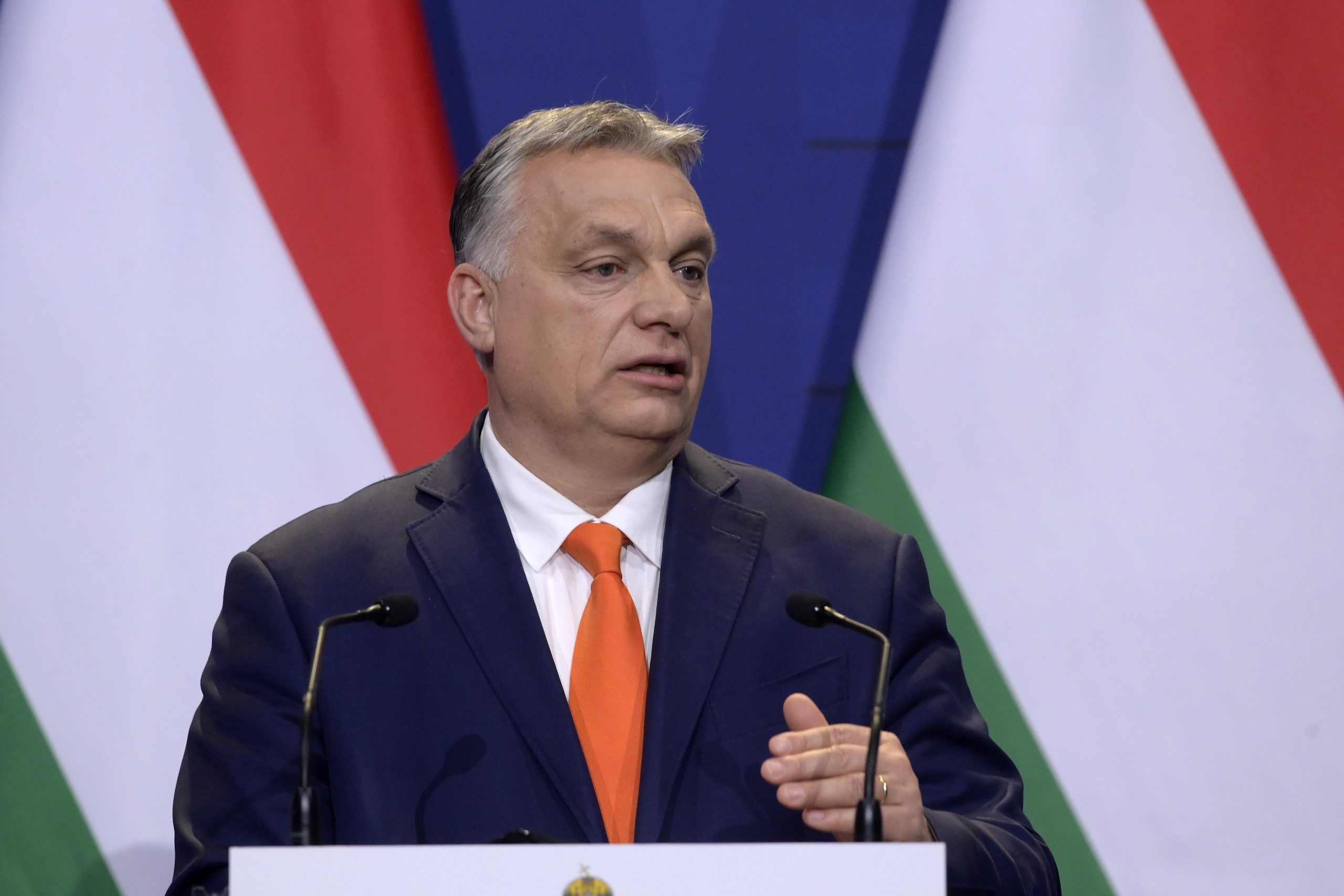
EC President Ursula von der Leyen, however, did not mention what concessions or transitional measures are proposed for Hungary and Slovakia as these two countries heavily rely on Russian oil.Continue reading

Hungary intends to veto the upcoming European Union sanctions package on Russian crude oil, Zoltán Kovács, State Secretary for International Communication and Relations told the BBC on Wednesday. The oil embargo proposal, announced by European Commission President Ursula von der Leyen, would need the approval of all 27 EU Member States within the coming days. It would ban imports of Russian crude oil within six months, and on refined oil by the end of the year, with an extension for Hungary and Slovakia. Natural gas does not appear to be among the targets of the current sanctions put forward.
According to an anonymous EU source of Reuters, both Hungary and Slovakia would have an extension of the embargo, allowing them to continue buying Russian crude oil until the end of 2023. This would hypothetically be intended to convince Hungary not to veto the sanctions, but it appears that the government will stand by its statement of rejecting sanctions on energy and will veto this package.
The EU receives 26 percent of its crude oil from Russia. Last year Hungary imported 58 percent of its crude oil and oil products from Russia. Its reliance on both oil and natural gas imports has set the premise for its approach to EU sanctions. Hungary has supported all sanction packages thus far, except those impacting Russian energy imports.
The Hungarian government’s decision is in conflict with the EU’s intended trajectory. Brussels has made it a priority to ban all oil purchases from Russia by the end of the year. It also intends to reduce gas imports by two thirds by next March. The relevance of the issue is made clear when considering, for example, that the EU imported 22 billion euros worth of Russian fossil fuels per month since Russia’s invasion of Ukraine began, nearly twice as much as its 2021 average. Paying billions in energy, the EU has been involuntarily funding Russia’s war effort while expressing solidarity and support for Ukraine.
Regarding Commission President von der Leyen’s announcement of the potential sanctions, Zoltán Kovács wrote in response to a question from Reuters that the Hungarian government does not see “how a transition could be managed.”
We do not see any plans or guarantees on how a transition could be managed based on the current proposals, and how Hungary’s energy security would be guaranteed.”
Kovács also informed the BBC that Hungary will exercise its veto power on the proposal, saying that what the EU is proposing is “against the possibility that is feasible,” and would “ruin the Hungarian economy.” “The proposal is coming from Brussels,” he said, “that is the administrative, bureaucratic center of the European Union – not from the member states.”
Featured photo illustration by Szilárd Koszticsák/MTI